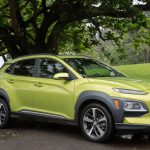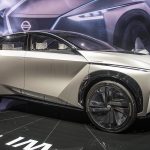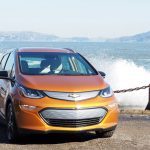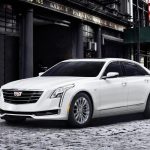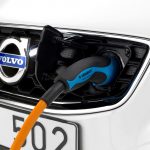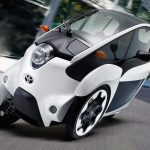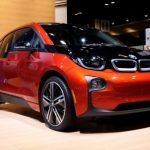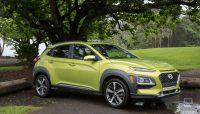Here’s What Automakers Think About Apple Entering The Car Market
Apple’s car project is still a mind-bending rumor, but car industry execs are already weighing in.
On a Thursday morning in early November 2006, Palm CEO Ed Colligan fielded a question that, in hindsight, he probably wishes he had answered differently. Speaking at a Churchill Club breakfast, Colligan responded to a query from New York Times reporter John Markoff about whether Apple would indeed try to enter the smartphone market with the then-rumored iPhone. The Treo maker said: “We’ve learned and struggled for a few years here, figuring out how to make a decent phone. PC guys are not going to just figure this out. They’re not going to just walk in.”
Two months later, when Apple unveiled the first iPhone, it did seem like a company run by “PC guys” had just walked right in and figured it out. And Apple has now figured it out to the tune of 700 million iPhones sold since Colligan uttered his prediction.
Phones are one thing. The car business—which a flurry of reports last month suggests could be on Apple’s list of industries to disrupt—is another. Unlike the pre-iPhone smartphone business, the auto industry has a complex history spanning over 100 years, with a far more complex manufacturing infrastructure and supply chain.
So, if Apple is making a car—and that’s a big if—do current automotive vets think that Tim Cook & Co. will just walk in and figure it all out? And how will it affect the industry as a whole? To find out, we rounded up the opinions and predictions of leaders in the automotive industry. It could be years before we know whether these seasoned executives turned out be prescient or shortsighted, but their comments already make for interesting reading.
Dan Akerson, retired chief executive of General Motors
Out of all the auto-industry insiders who have commented on the prospects of Apple getting into the car game, Dan Akerson, the retired CEO of GM, has been the most aggressive. Speaking to Bloomberg in February, he said:
I think somebody is kind of trying to cough up a hairball here. If I were an Apple shareholder, I wouldn’t be very happy. I would be highly suspect of the long-term prospect of getting into a low-margin, heavy-manufacturing [business].
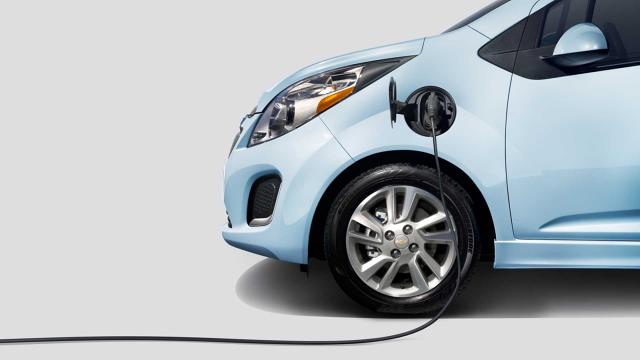
But the financial realities of the car business aren’t the only things Akerson says Apple hasn’t really thought about.
They’d better think carefully if they want to get into the hard-core manufacturing. We take steel, raw steel, and turn it into car. They have no idea what they’re getting into if they get into that.
While it’s easy to dismiss his remarks about manufacturing as crowing from a company exec whose product is so last century, Akerson does have a valid point: manufacturing cars is hard, even for established automakers—as the continuing production challenges Tesla is facing prove.
Dieter Zetsche, chairman of Daimler AG and chief executive of Mercedes-Benz
While not as outrightly dismissive of Apple’s rumored car plans as Akerson, Daimler’s Dieter Zetsche told motoring.com.au in February that he’s not losing sleep over any car Apple may be building.
If there were a rumour that Mercedes or Daimler planned to start building smartphones, then they [Apple] would not be sleepless at night. And the same applies to me. And this is full of respect for Apple. That is what I am saying.
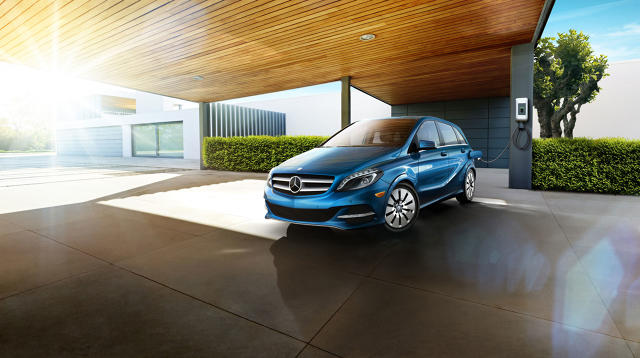
But unlike Akerson, who believes Apple underestimates what it takes to manufacture cars, Zetsche seems to believe that the company doesn’t recognize just how bad—or at least low-margin—a business it is. While Apple typically enjoys margins of around 40% on its iPhones and Macs, current margins for the auto industry are only around 3%.
I don’t find any rationale [for Apple to build a car]. Why [Apple] with this kind of margin would now go into this business? I think investors will hate it because they don’t like conglomerates, they want focussed management on what they understand. Perhaps some neighbouring fields but not somewhere different. The fact you can listen to iTunes in a car doesn’t make it in itself consistent. I don’t know their strategy and I do not know what they are doing, but I would be very surprised if that proved to be right.
Karl-Thomas Neumann, chief executive of Opel
Yet other auto industry insiders seem to be less dismissive about the prospect of Apple getting into the car game—and maybe even excited about the possibility. Opel is a German subsidiary of GM whose recent models have won awards for their 4G connectivity. Its CEO, Karl-Thomas Neumann, addressed the rumors of an Apple auto earlier this month at the Geneva International Motor Show:
The rumours about the Apple car is a sign that the auto industry is in a process of upheaval. The car will become part of the internet of things and we want to be part of that.
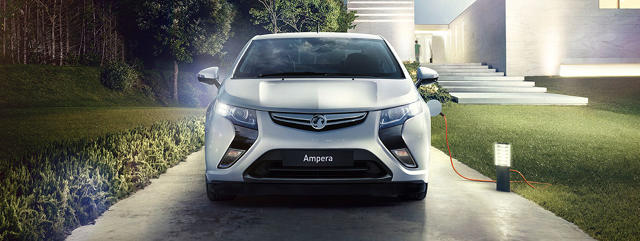
Neumann, it seems, is one of a growing number of auto-industry insiders who foresee a future where the merging of consumer tech and cars is inevitable. His comments also ring true when you consider that by creating the iPhone, Apple never solely controlled the smartphone market. Rather it made people more aware of the devices, which enabled other companies who were willing to embrace technological change to enter and thrive in the marketplace—just look at Xiaomi.
Martin Winterkorn, chief executive of Volkswagen
Another automotive chief who seems to be excited about Apple’s rumored entry into the car market is VW’s Martin Winterkorn. Speaking on the eve of the Geneva International Motor Show earlier this month, he said:
I highly welcome the interest of Apple, Google, and others in the automobile. Because that means the car will gain more acceptance from digital natives.
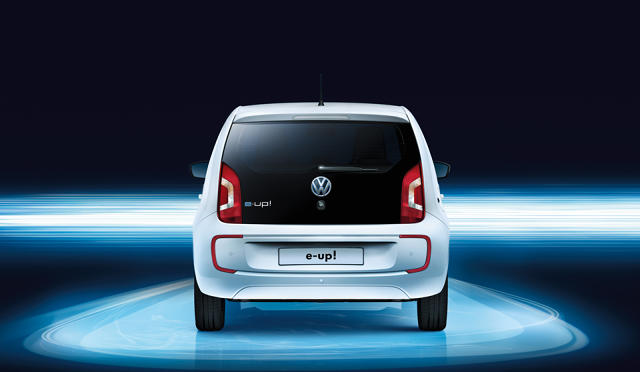
His sentiments echo Neumann’s, and reflect the upshot of Apple’s entry into other industries in the past. Though the company wasn’t the first with the digital music player or the smartphone, it did more than anyone else to get the non-geeky masses interested in these devices.
Sergio Marchionne, chief executive of Fiat Chrysler
Sergio Marchionne, Fiat Chrysler’s influential chief, doesn’t seem to doubt that Apple could handle the manufacturing difficulties of making cars. But speaking at the Geneva International Motor Show, he said that existing automakers aren’t going to rest on their laurels. Instead, he believes, they’ll race to adapt to the new tech-focused automobile.
Apple has credibility and much more capacity to finance itself than any car producer, but I wouldn’t underestimate the ability of the car industry to respond and adapt to the provocation.
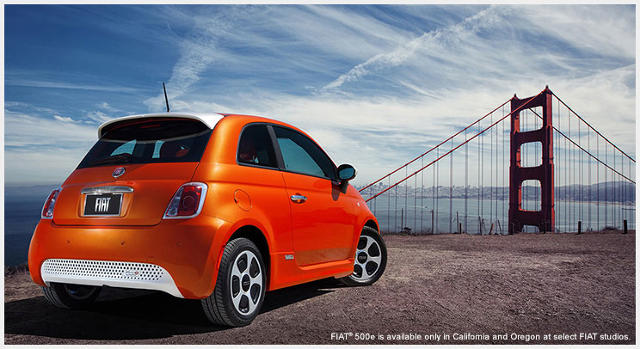
Marchionne also contends that while Apple getting into the car game at first could be nerve wracking for traditional automakers, they’ll come out better off on the other side.
Am I concerned? I’m always concerned. I’m concerned about somebody of that caliber playing the disruptor role. It’s a good thing, but when you’re the guy whose life is getting disrupted, you won’t necessarily look forward to the event. You may feel better after the event, but while you are going through the event, it’s not a good thing.
Yet as the BBC reports, Marchionne notes that every future car maker needs to be aware of the regulatory hurdles involved in making smarter vehicles—issues smartphone makers generally don’t have to worry about.
There is now, especially in the U.S., a much stronger interface between the car industry and regulators. That has to be taken into account by anyone who thinks there is going to be a paradigm shift [in technology]. Paradigm shifts require an agreement with a variety of people around the table. And that’s what is going to slow down the technology, even when it becomes available. I think [regulators] will make it much more difficult to roll a lot of the technology.
Carlos Ghosn, chairman and chief executive, Renault-Nissan Alliance
Finally, there’s one industry veteran who says he’s downright thrilled by a potential iCar: Renault-Nissan Alliance chairman and CEO Carlos Ghosn. Matter of fact, Ghosn is so excited about Apple’s rumored entry into the market that he wrote an entire blog post on it on LinkedIn.
“Should I worry that Apple may be developing an electric vehicle to compete with Nissan and Renault?” the post begins.
Worried? No. Excited? Yes! Why? Because Apple’s entry into the EV [electric-vehicle] segment, if it comes to pass, will only help the cause of promoting zero-emissions vehicles and the expansion of the charging infrastructure. I have always looked at other automakers that build EVs as allies, not competitors. We are all promoting a technology that’s important for the sustainability of our industry and our planet.
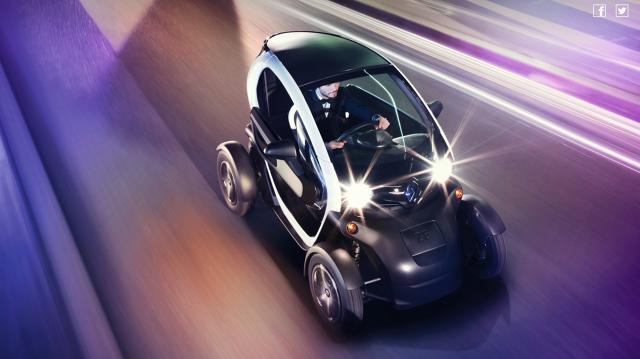
While there are no hard facts about the rumored car Apple is working on, many expect it to be a fully electric vehicle. Yet if electric vehicles are the future, they’ll only succeed if the infrastructure is there to support them. In this case, that infrastructure primarily consists of electric charging stations that need to be as abundant as today’s gas stations. A company with Apple’s clout and financial resources entering the market could go a long way in convincing energy suppliers and governments to begin expanding the infrastructure needed for EVs.
“So it’s refreshing to think that one of the world’s top technology companies shares our conviction,” Ghosn writes. “It only validates the strategy we adopted nearly a decade ago when we set off to be the first auto maker to mass-produce EVs . . . So, like you, I’m curious to see what Apple might offer. And I say, welcome!”
Fast Company , Read Full Story
(199)


